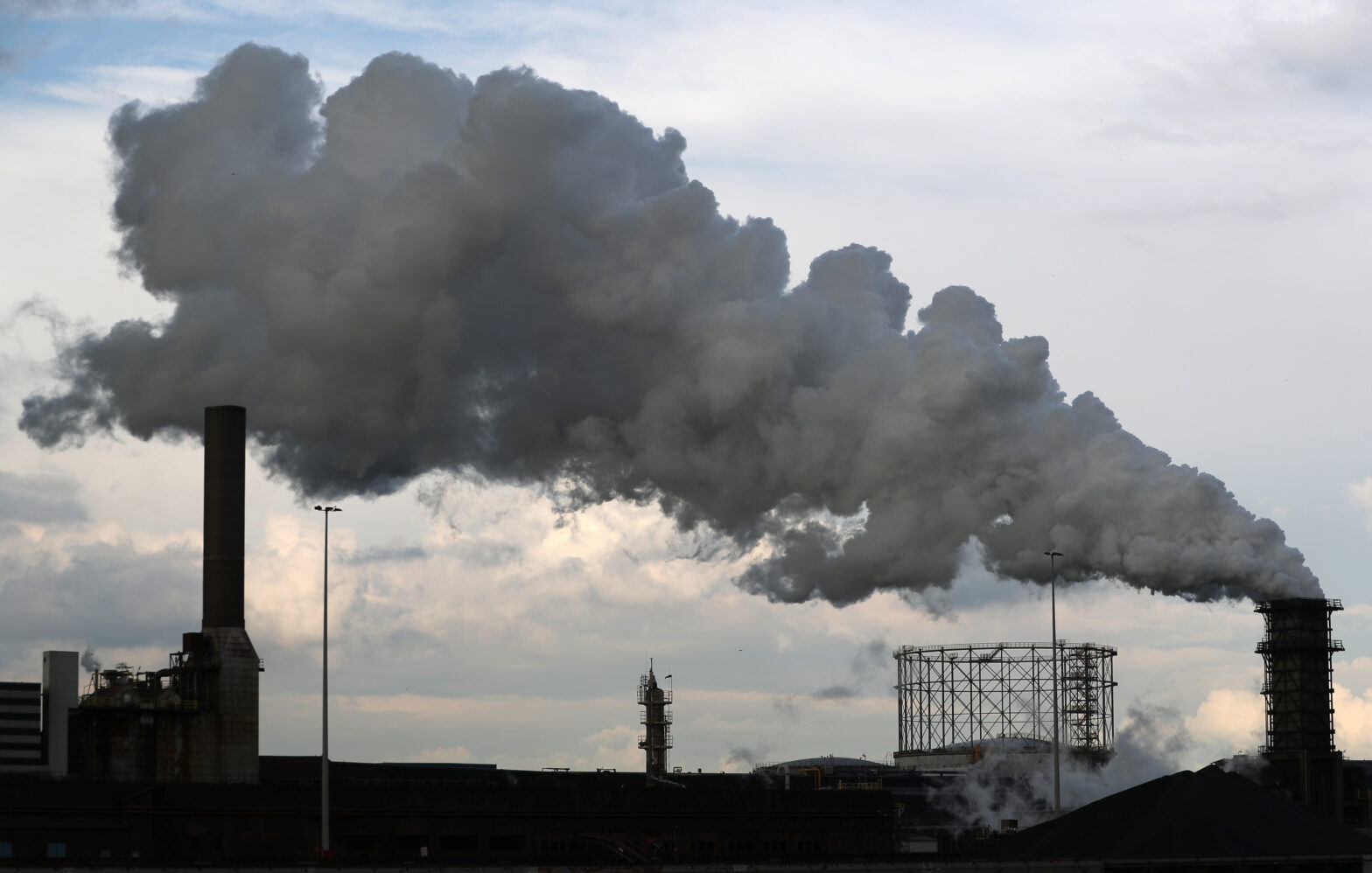By Owen Brown
In response to the growing demands of climate change, many organizations have pledged to curb their emissions to net-zero. This sentiment is essential to slowing the effects of climate change, but there are many downsides, such as carbon offsets, generational impact, and a lack of accountability for what it actually means to achieve net-zero, leaving critics skeptical. Some of the greatest critics include indigenous leaders – many whose livelihoods have been exploited for the sake of global profits.
While attending the 27th Conference of Parties (COP27), I observed multiple panels of indigenous leaders responding to how net-zero commitments have left empty promises to reduce global emissions while overlooking the lives of indigenous peoples. I will discuss the speakers’ main points, and why this topic deserves greater attention at COP27.
Carbon Offsets
The total amount of land required just to meet national pledges is 1.2 billion hectares; over .6 billion of those hectares would require a land-use change with the potential to disrupt global food systems (The Land Gap Report 2022).
According to environmental justice activist Tom Goldtooth, “Climate change is merely treated as the newest sector of economic expansion” (2022). This new emphasis on improving public image through climate commitments can lead to lofty goals lacking practicality. Accountability must be led by local communities, and it starts by assessing the specifics of carbon offset contracts to hold our instructions accountable.
Generational Impact
While having ambitious goals may take some time, commitments made decades in advance are inequitable for younger generations. When responding to net-zero targets set in 2060 and later, Nnimmo Bassey, former chair of Friends of the Earth International, said, “the very idea of net-zero is a negation of reality” because it involves current organizational leadership placing the burden of reaching emission commitments on the upcoming workforce (2022).
Unsubstantiated net-zero pledges are considered greenwashing – the act of making customers believe the organization they’re supporting is better for the environment than what’s true. This has beneficial short-term effects like increasing shareholders profits and public image, but future generations must deal with the ramifications.
Accountability
Kwami Kponzo, from the Global Forest Coalition, says that the biggest polluters are “using mathematics to solve this problem” of net-zero pledge scrutiny, so analyzing the financials to ensure fossil fuels aren’t being financed should be our first priority (2022). One potential solution to ensure greater accountability is expanding our fossil fuel registries; these help disclose national and corporate information surrounding fossil fuel production locations, quantities, and distribution.
According to a panel of leaders from the non-profit organization Corporate Accountability, these accountability-related conversations aren’t happening high-level negotiation meetings at COP27 partially due to the lack of indigenous voices present. If organizations’ pledges are to truly be net-zero, we must give indigenous groups and local communities a seat at the table.
